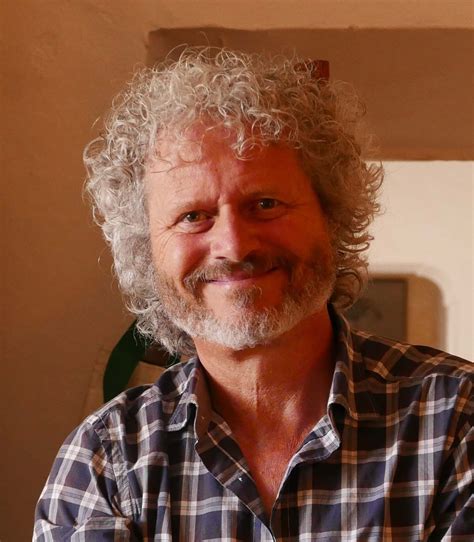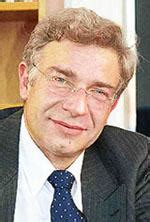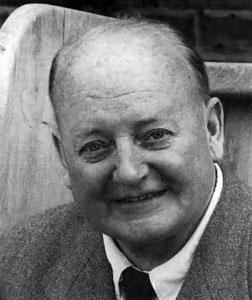A Quote by Philip Carr-Gomm
Modern humanity's sense of alienation lies in the fact that we have cut ourselves adrift from both the natural world and from the roots of our past.
Related Quotes
Lies 1: There is only the present and nothing to remember. Lies 2: Time is a straight line. Lies 3: The difference between the past and the futures is that one has happened while the other has not. Lies 4: We can only be in one place at a time. Lies 5: Any proposition that contains the word 'finite' (the world, the universe, experience, ourselves...) Lies 6: Reality as something which can be agreed upon. Lies 7: Reality is truth.
I think there is a modern temper. The authority figures we revered in the past are all up for grabs - they're gone. We are groping for meaning in a world where some of our gods have died. We're asking ourselves, 'Who is our true brother and sister, where is our true home?' The modern tempter is our struggle to lead meaningful lives, and even if we don't believe in religion, we can reach down and hold on to our core values for guidance.
In detachment lies the wisdom of uncertainty...in the wisdom of uncertainty lies the freedom from our past, from the known, which is the prison of past conditioning. And in our willingness to step into the unknown, the field of all possibilities, we surrender ourselves to the creative mind that orchestrates the dance of the universe.
The most profound question is, "What would I risk dying for?" The natural answer is "for my family." But for most of history, we didn't live in families. We lived in small communities that gave us our sense of safety and place in the world, so the natural answer would be "for my people." The blessing and the tragedy of modern life is that we don't need our community to survive anymore. When we lose that idea, we lose a sense of who we are.
The greatest need you and I have-the greatest need of collective humanity-is renovation of our heart. That spiritual place with in us from which outlook, choices, and actions come has been formed by a world away from God. Now it must be transformed. Indeed, the only hope of humanity lies in the fact that, as our spiritual dimension has been formed, so it also can be transformed.
And when comfort is what we want, one of the most powerful tonics alternative medicine offers is the word 'natural.' This word implies a medicine untroubled by human limitations, contrived wholly by nature or God or perhaps intelligent design. What 'natural' has come to mean to us in the context of medicine is 'pure' and 'safe' and 'benign'. But the use of 'natural' as a synonym for 'good' is almost certainly a product of our profound alienation from the natural world.
We're all born listeners. And as a result of our modern lives, and living in a world that has less meaning than the natural world that we evolved to hear, we learn to think of listening not as taking in all the information with equal value, which is the definition of true listening. In our modern world, we tend to think of listening as focusing our attention on what is important and filtering out everything else.



































